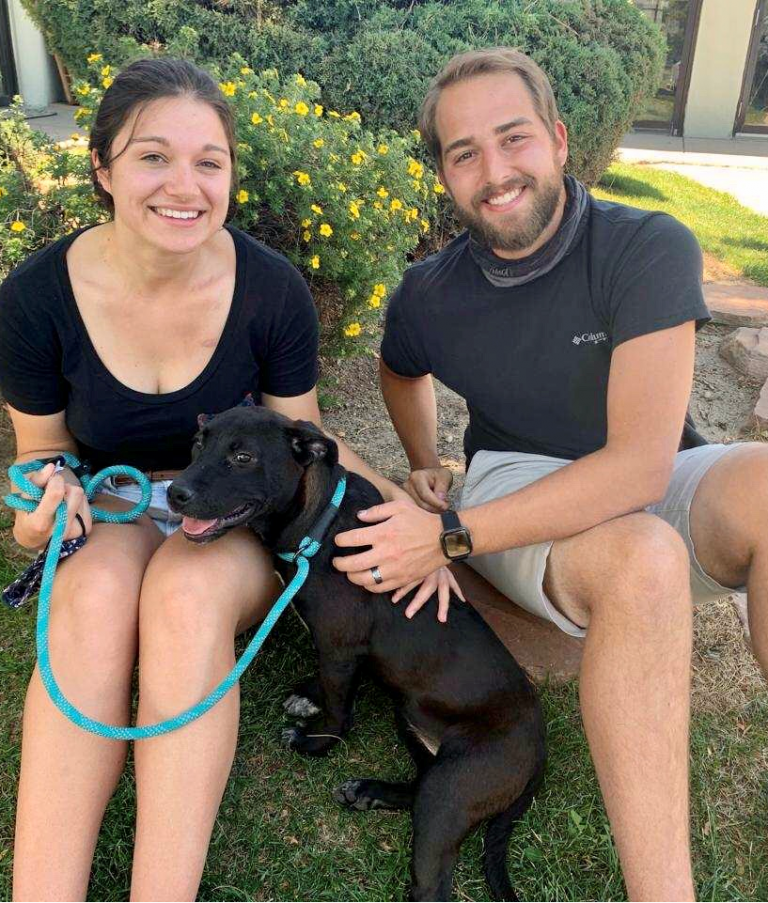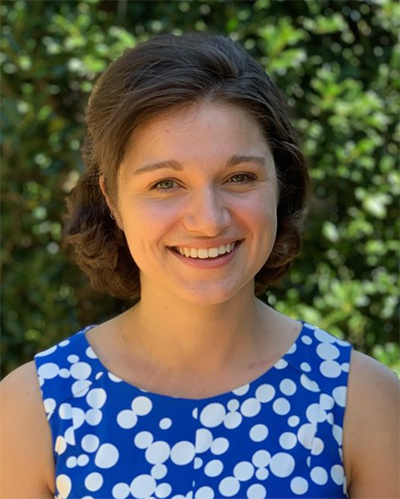HALEY FISCHMAN
CAPSTONE
Capstone Project Committee: Kristy Lee, M.S., CGC; Lindsey Umstead, Ph.D., LPCA, NCC; Randi Culp Stewart, M.S., CGC; Rachel Mills, M.S., CGC
Individuals with moderate to severe hemophilia A (OMIM: 306700) or B (OMIM: 306900) are impacted physically by frequent, spontaneous bleeds and intensive treatment; these experiences and financial burden also have a significant mental and emotional impact. Gene therapy has been proposed as a possible cure or treatment for hemophilia through a single injection with the intention of supplying the body with a properly functioning version of the F8 or F9 gene. We explored psychosocial wellbeing and identity of individuals with severe hemophilia A and B, with a focus on impact due to gene therapy. Six participants ages 32 – 69 years old were recruited from a regional Hemophilia Treatment Center to complete qualitative interviews. Three participants underwent gene therapy prior to completing the interview. The semi-structured interview aimed to capture perspectives on three domains: impact, knowledge and attitudes. Thematic analysis revealed a fourth domain of support as well as subthemes for each of the four domains. Participants reported physical, financial and mental health impacts from their hemophilia, and similar impacts of gene therapy. Participants desired support from other patients with hemophilia while undergoing gene therapy, and half would have provided support to others. All participants had positive attitudes about gene therapy. However, they also reported uncertainty related to variable treatment outcomes, metal health, and the impact on identity. Most of them desired additional information about gene therapy. This exploratory study suggests that individuals pursuing gene therapy may experience times of uncertainty and change in identity related to hemophilia. Health care providers should be prepared to explain the potential outcomes of gene therapy as well as the associated uncertainty. Providers may also provide support and guidance for patients working through uncertainty by utilizing established supportive care frameworks.
Since Graduation

Haley grew up in Michigan and attended Hope College. Haley’s own person history with cancer in 2018 fueled her desire to specialize in oncology genetics. She moved to Greensboro to attend UNCG later that year. During her time in graduate school she enjoyed hiking in the Appalachian mountains, rock climbing with her friends and traveling. She moved out to Colorado during the spring of 2020 after the onset of the COVID pandemic to be with her then fiancé.
She was married in May 2020 and lives with her husband Kole and their newly adopted dog, Pepper, in Louisville, CO. Haley works as a genetic counselor for Kaiser Permanente Colorado in oncology genetics.
She asses hereditary cancer risk in patients and is grateful for the opportunities to provide support to patients who are facing a new cancer diagnosis.
Haley and Kole both enjoy hiking, backpacking and snowboarding in the Rocky mountains. They hoping to celebrate their wedding in person with their family and friends in 2021.
